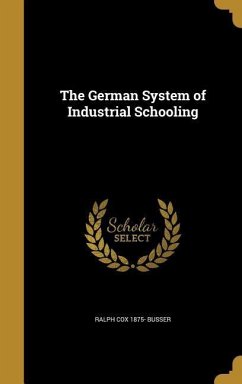The issue of the elite schooling in Vienna between 1870 and 1910 constitutes a part of a larger problem of cultural elite in fin-de-siècle Vienna and of educated elites in the Central European societies during the period of modernization. The complex socio-ethnic and religious character was a distinctive feature of the Viennese educated elite, for the capital city drew the different categories of the multicultural, multiethnic, and multi- confessional population of the Austro-Hungarian monarchy, who sought for advanced secondary education for their offspring with diverging frequency and motivation. The present study allowed detecting various correlations between the academic performances of students in particular subjects mandatory in the Viennese Gymnasien and their socio- denominational and regional background, as well as correlations between the academic achievements and students choice of future career. The interpretation of these correlations should be interesting for social historians, and everybody entrained by the phenomenon of educated elite in fin-de-siècle Vienna.
Bitte wählen Sie Ihr Anliegen aus.
Rechnungen
Retourenschein anfordern
Bestellstatus
Storno

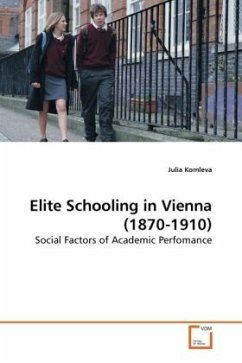
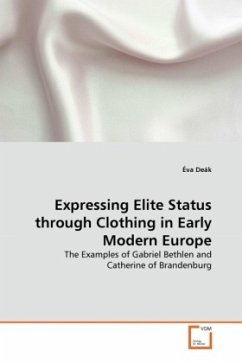
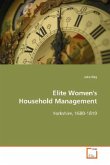
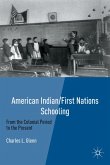
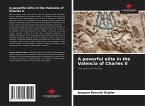
![The Schooling Of Life [essays] The Schooling Of Life [essays]](https://bilder.buecher.de/produkte/65/65333/65333017m.jpg)
